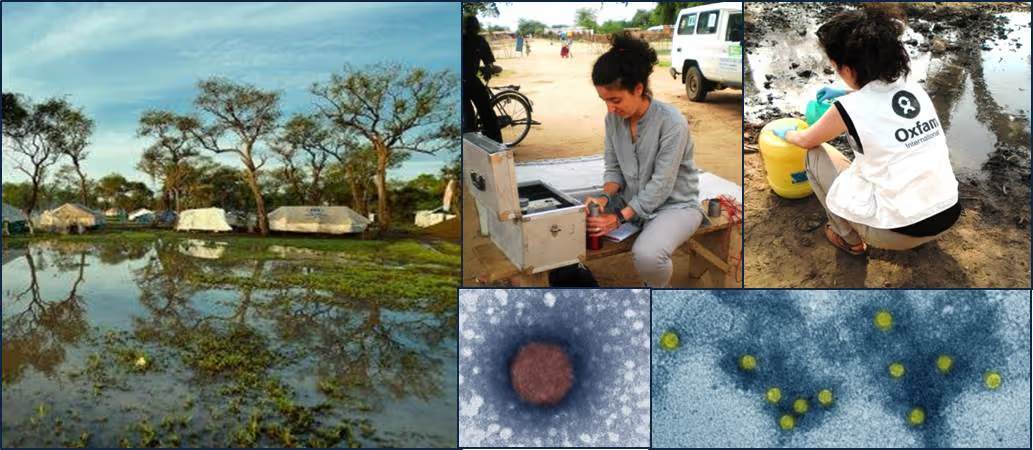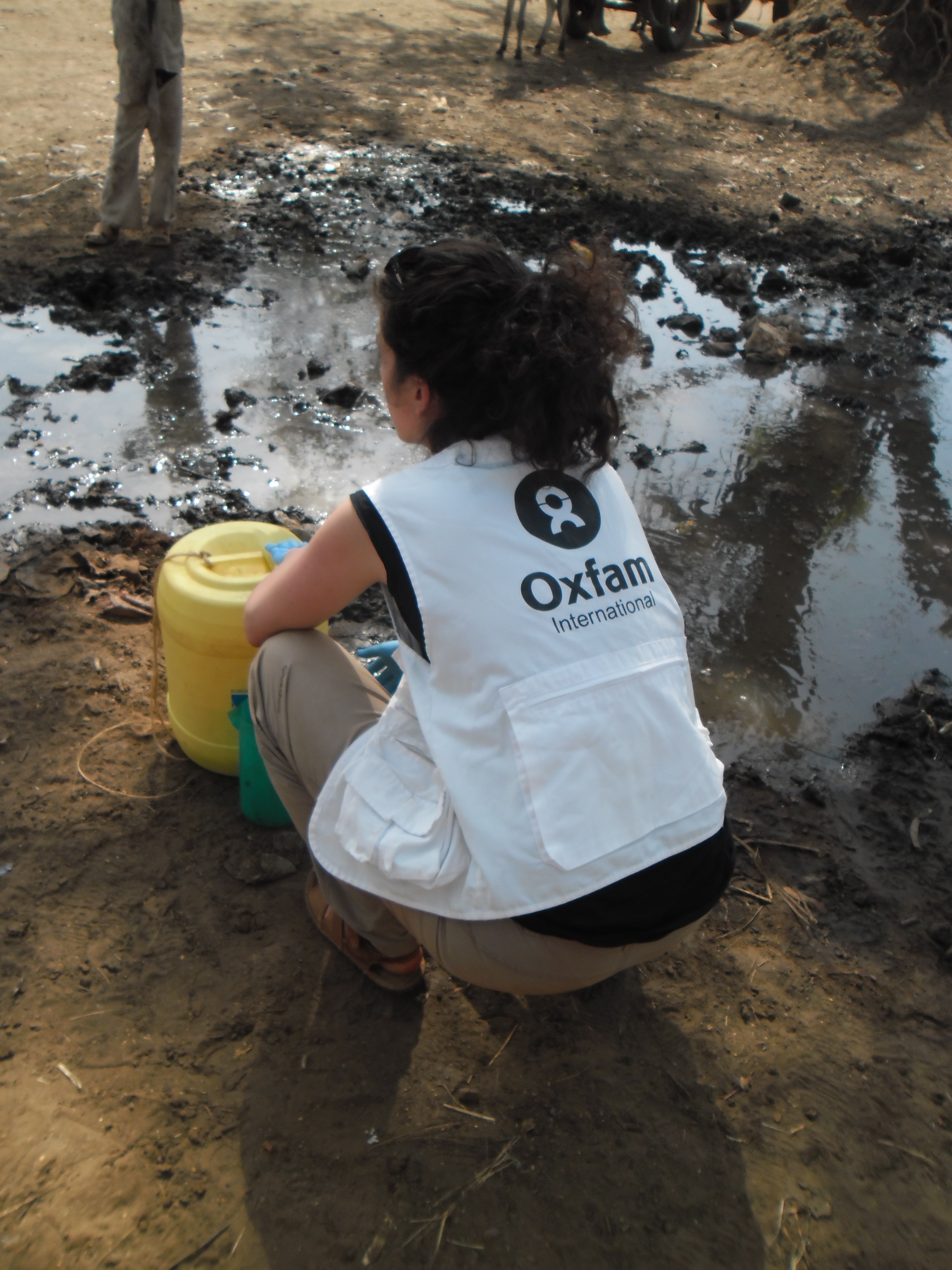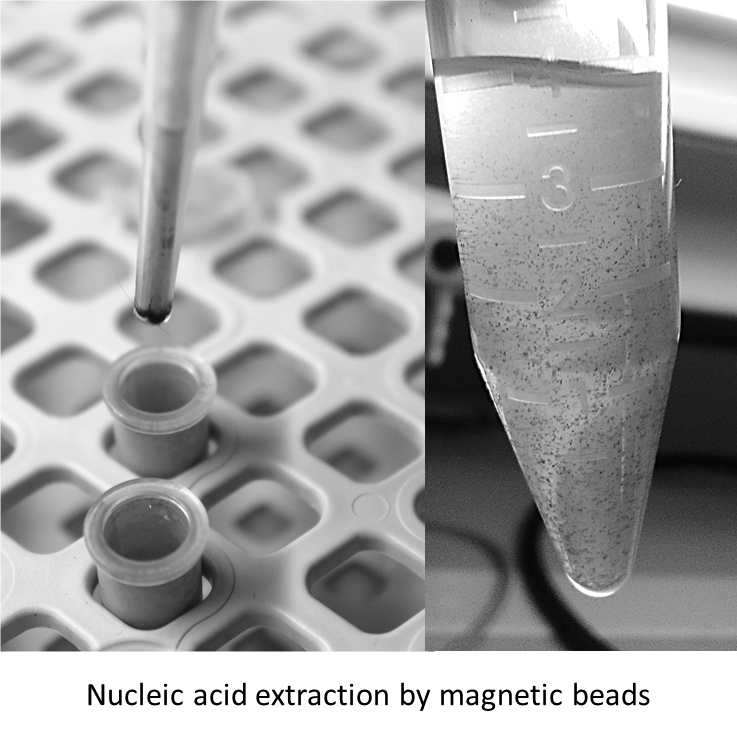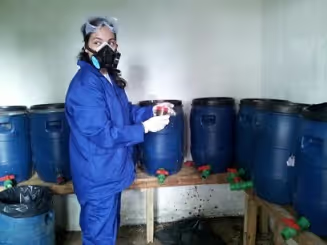VirWaTest: Development of an affordable point-of-use test for detection of enteric viruses and viral faecal indicators in water
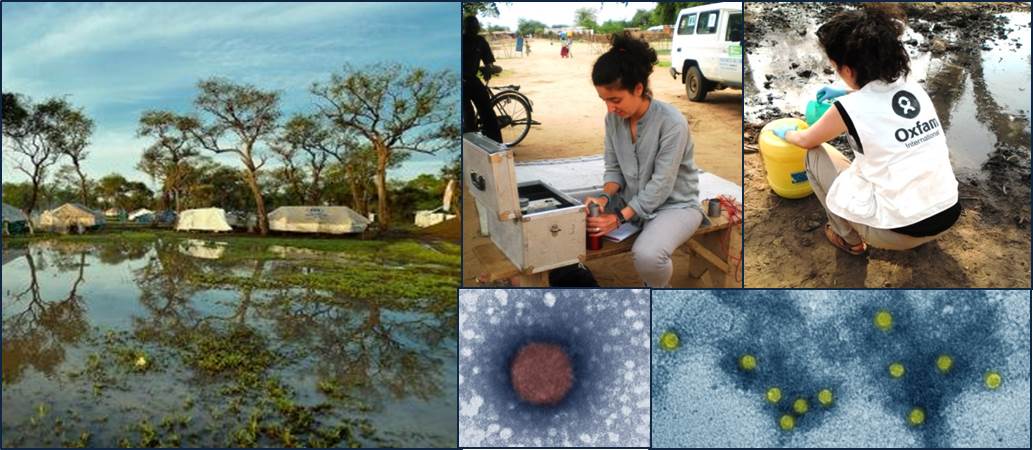
Project overview
VirWaTest is a project to develop innovative, portable and affordable equipment for detection of viruses in water samples. The pilot will use existing knowledge on lowcost protocols for virus concentration and detection in water samples to develop a laboratory-independent and affordable method for detection of viruses in humanitarian crisis settings.
Project solution
This project offers [specific solution or intervention] to tackle [challenge]. By implementing [strategies, tools, or innovations], the project aims to achieve [desired outcomes]. The approach is designed to [specific actions or methods] to bring about meaningful change in [community, region, or issue area].
Expected outcomes
This project aims to achieve [specific outcomes], such as [measurable results, improvements, or changes]. The expected impact includes [benefits to the target community, advancements in research or innovation, or long-term effects]. By the end of the project, we anticipate [specific changes or milestones] that will contribute to [broader goals or objectives].
Summary
VirWaTest is a project to develop innovative, portable and affordable equipment for detection of viruses in water samples. The pilot will use existing knowledge on lowcost protocols for virus concentration and detection in water samples to develop a laboratory-independent and affordable method for detection of viruses in humanitarian crisis settings.
What humanitarian need is being addressed?
In any humanitarian crisis, water quality monitoring becomes a priority. Unsafe water has a severe impact on public health and can lead into a worst scenario if there is not a proper contingency plan. Rapid and adequate diagnosis of water quality at the point-of-use provides data to design adequate plans to prevent waterborne outbreaks and diarrhoea incidence overall.
What is the innovative solution?
There are several commercial solutions for water testing in the field, all of them related to Faecal Indicator Bacteria (FIB), but this does not necessarily indicate the presence of important viral waterborne pathogens, as Rotavirus, or Hepatitis E Virus. To our knowledge there is no solution for testing water regarding the presence of viruses at the point-of-use. The innovation proposed aims to produce portable and affordable equipment containing all the material necessary for concentrating 10L water samples for detection of viral nucleic acids using an inexpensive method. The protocol would be adapted to be affordable and applicable in any setting. Once designed, they will be coupled and evaluated for performance and a Standard Operation Protocol for easy use of the kit will be produced.
How does the innovation build on and improve existing humanitarian practice?
Viral monitoring in water sources is increasingly demanded in emergencies where the risk of waterborne outbreaks is high (Chad and Darfur, South Sudan, Haiti, Uganda, among others). Currently these tests require complex logistics, with a specialised team for collecting and processing samples and shipment to a reference laboratory for analysis. The innovation will provide humanitarian agencies with a simple kit, easy to use for water quality analysis in emergency settings, without requiring high technical knowledge.
What materials or research outputs are likely to be produced?
The new viral detection equipment will be available as part of an early warning system for organisations involved in water sanitation.
Read the Humanitarian WASH Innovation Catalogue
Learn more about this WASH project, and many others, in our Humanitarian WASH Innovation Catalogue.
[.cta_link]Read now[.cta_link]
Project delivery & updates
Stay up to date with the latest developments from this project. Here, you will find details on what has been delivered, resources created, and regular updates as the project progresses. Access key documents, reports, and other materials to see how the project is making an impact.
Resources
Report
LEARN MORE